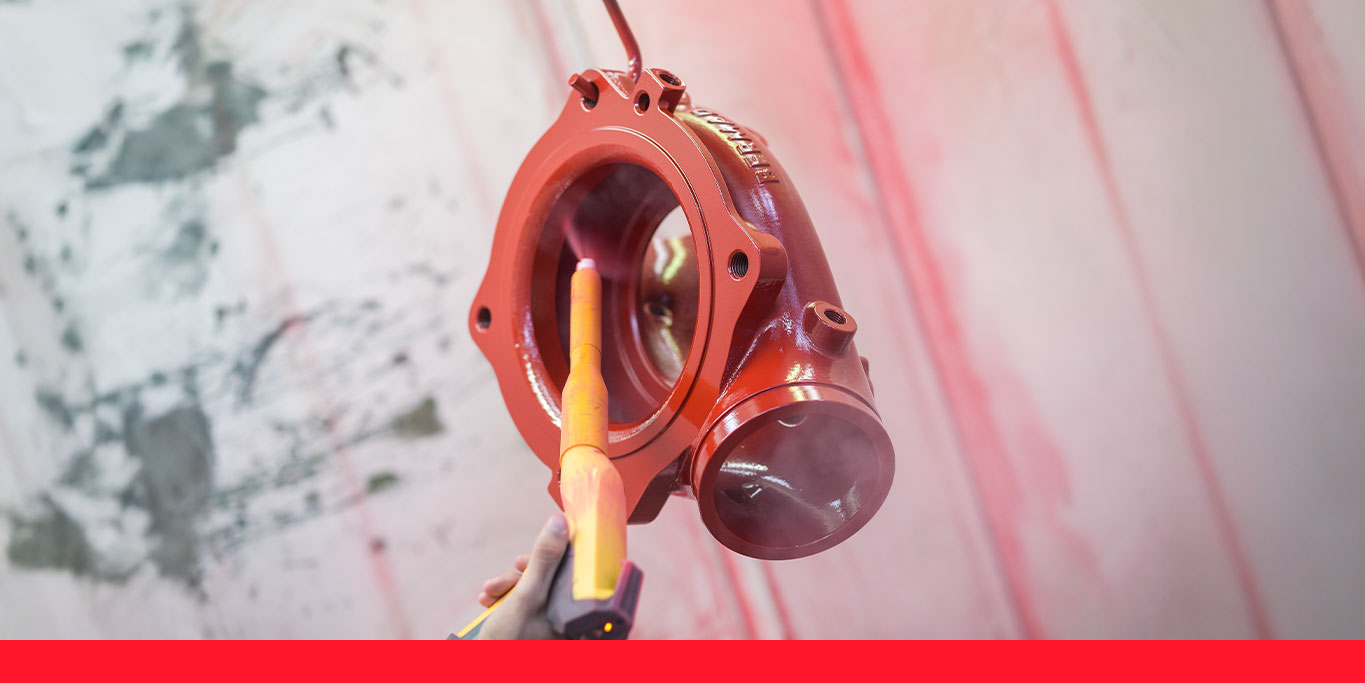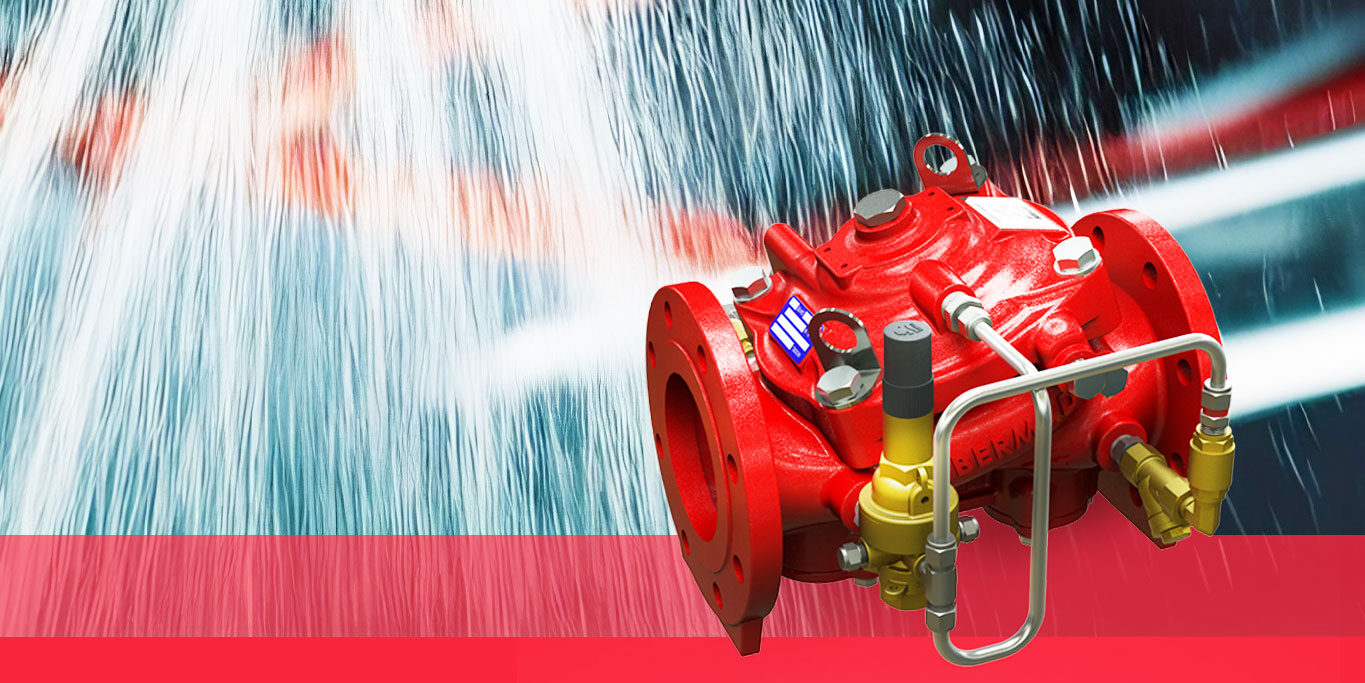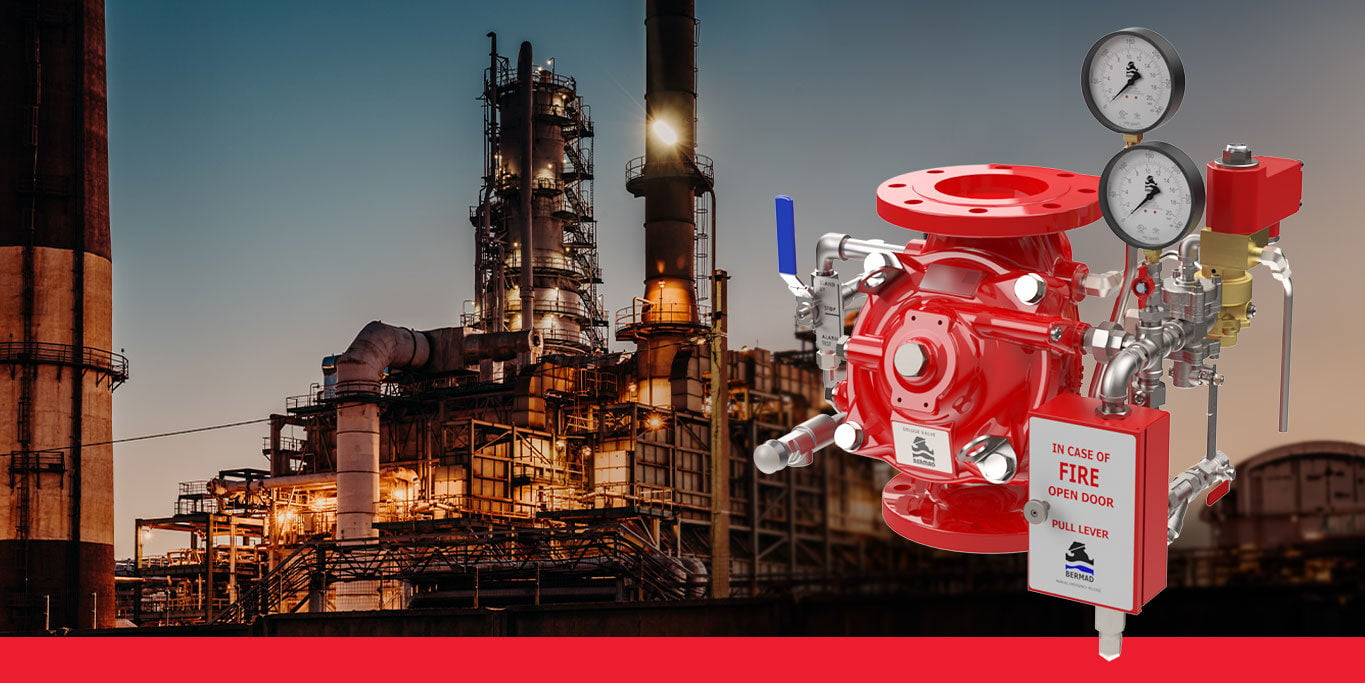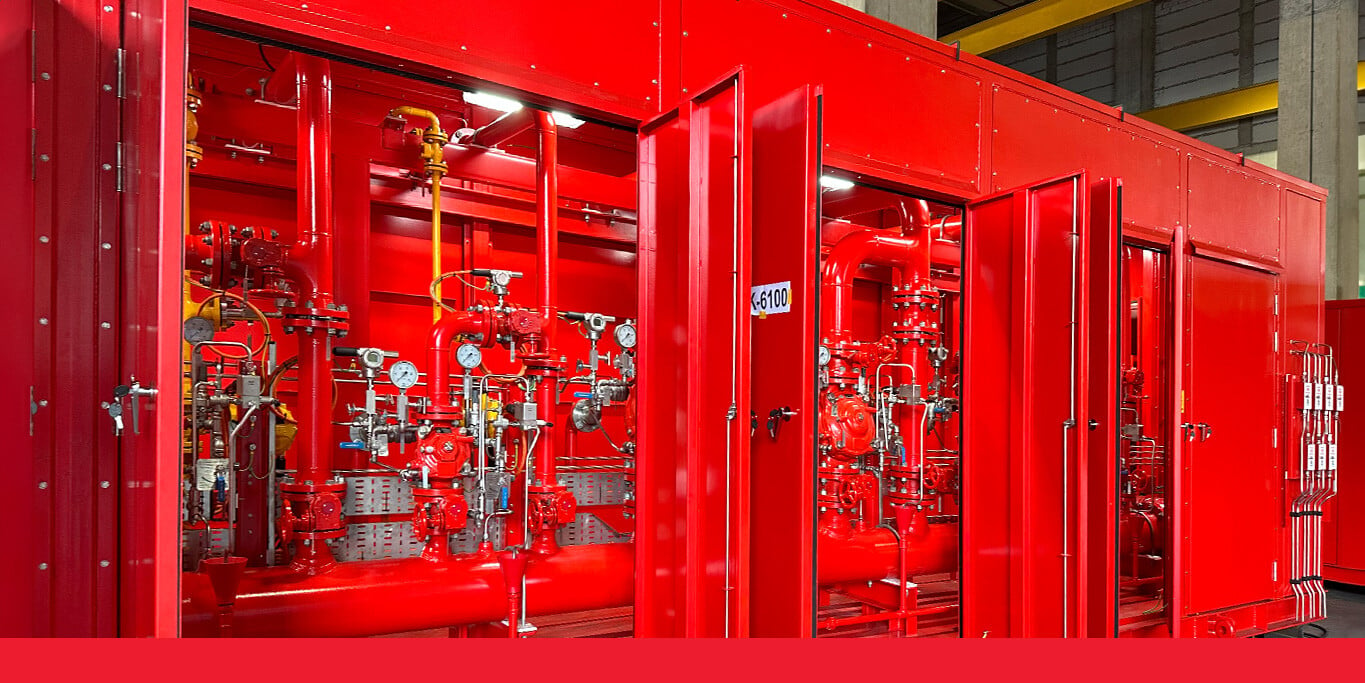Corrosion is an everyday topic encountered in our industry on a regular basis.
This technical issue contains many aspects that ultimately place a high-cost burden on facility owners.
Over the years, BERMAD'S Fire Protection team has consistently dealt with this aspect. In fact, I previously published a blog post in which we analyzed the material selection process in seawater applications.
This blog post discusses the traditional way to decide which material should be used in valve bodies, according to water media properties. However, in some cases, the decision is not that simple.
For example, suppose that the installation is done in a corrosive environment of an oil refinery/petrochemical or chemical plant, where the fire protection media is potable or freshwater.
The main emission of the process is sulfur dioxide (SO2), H2S and other corrosive chemicals present in the atmosphere along with high humidity and saline droplets, due to the proximity to the seashore.
The dilemma: risk vs. lifetime
Should we consider coating ductile iron with a high-build epoxy? or a corrosion-resistant material such as Ni. Al. Bronze valve?
If we assume only the fire water media as a main parameter – the ductile iron body seems like a good choice. However, we cannot ignore the environmental surroundings or coating endurance. The fact that we take a risk on our responsibility, especially due to budget constraints, indicates that we are prepared to face some issues in the future. We are aware that the fire protection valve may suffer damage in the future, as we hope and pray that it won't be significant.

The solution
Our research and development team produced an outstanding unique solution: a Zinc based, high-build epoxy coating (ZBHBE). This solution recently had a significant breakthrough as it was certified by an approved laboratory for compliance with ISO 12944:2018 C5-High category.
This Zinc-Based, High-Build Epoxy coating system is an exclusive development of BERMAD through cooperation with international laboratories and coating manufacturers, designed to provide the best corrosion protection on cast ductile iron and cast steel valves.
Thermo-diffusion coatings offer high corrosion protection levels by forming a protective layer that partially diffuses into the substrate combined with a sacrificial coating on the surface.

The Fusion-Bonded-Epoxy (FBE) 2nd layer is a durable thermoset barrier coating known for its excellent adhesion and corrosion resistance properties. The FBE isolates the metal surfaces from the inline fluid and external atmosphere. This barrier coating reduces corrosion and mineral buildup, prolonging the valve's life while minimizing resistance to fluid flow (reducing energy consumption). The Polyester 3RD layer provides an excellent finish with high UV protection.
Operators expect our customers to provide top-of-the-line, high-quality solutions, and we are committed to providing the most cost-effective solution to remain competitive in the market and allow our customers to remain within the project budget limits without compromising quality and safety readiness.
Need fire protection design assistance?
BERMAD engineers can assist with fire protection applications, click here to contact our Fire Protection experts.












